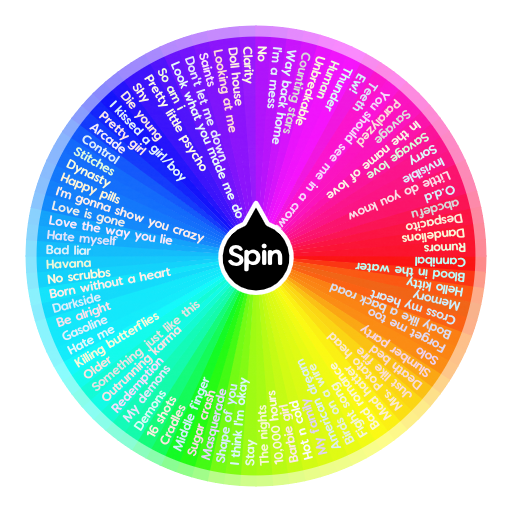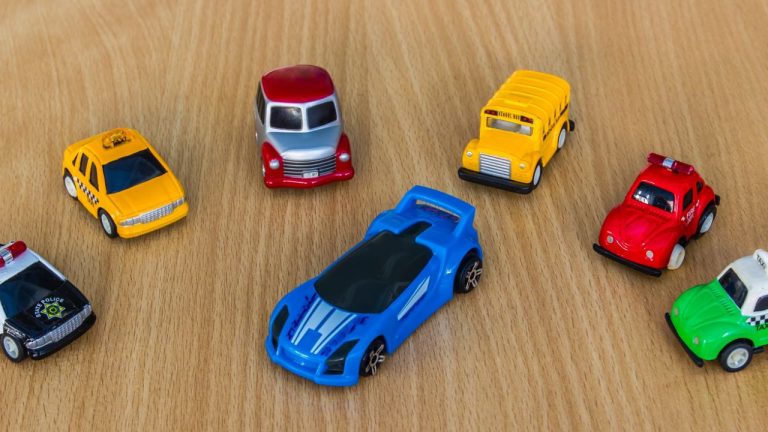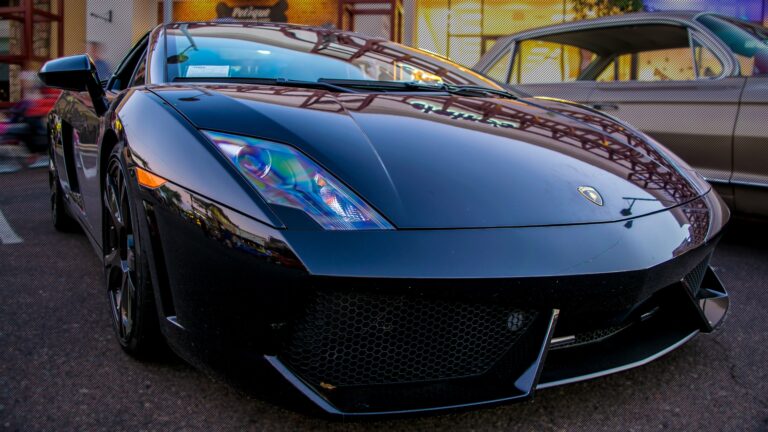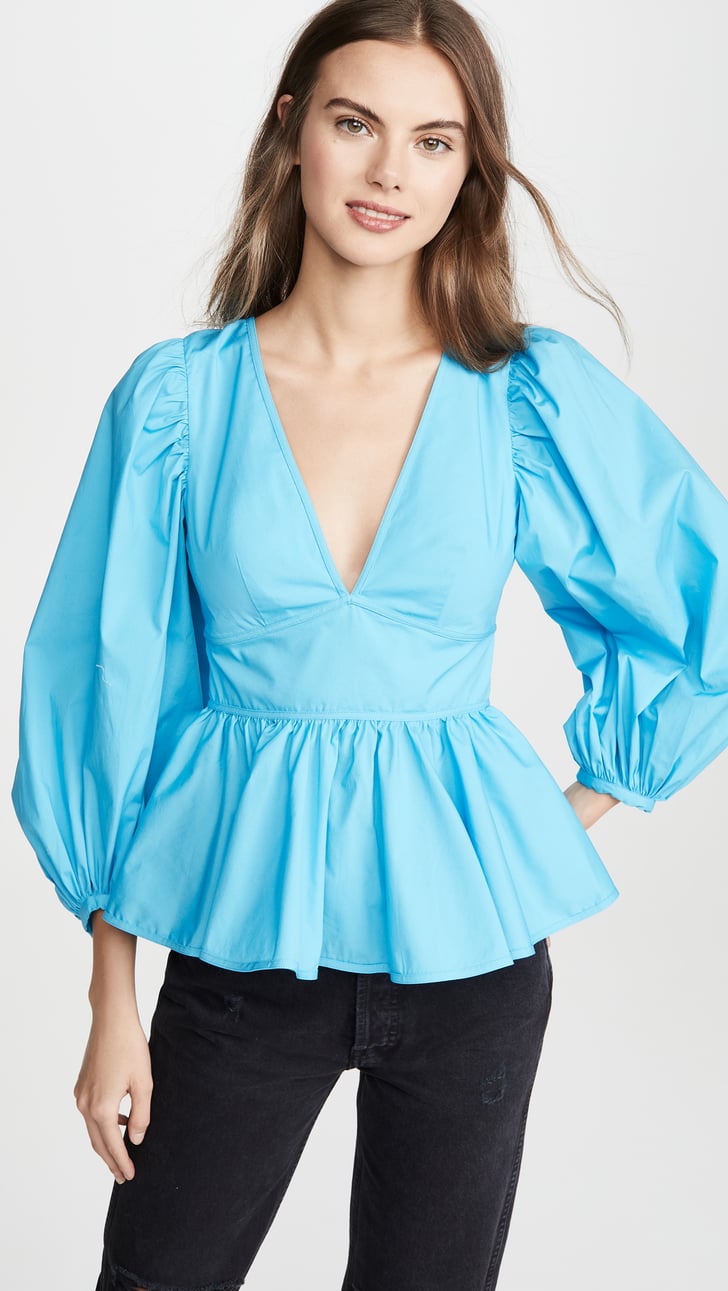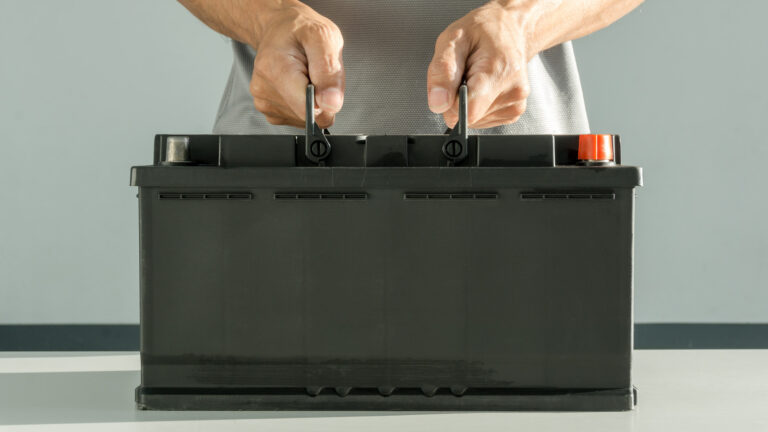Wheel Brands For Cars: A Comprehensive Guide to Choosing Your Ride’s Perfect Footwear
Wheel Brands For Cars: A Comprehensive Guide to Choosing Your Ride’s Perfect Footwear cars.truckstrend.com
Wheels are far more than just circular components that allow your car to move. They are a critical element influencing your vehicle’s performance, safety, handling, fuel efficiency, and, undeniably, its aesthetic appeal. The choice of wheel brands for cars can dramatically transform your driving experience and the very character of your vehicle. With a vast and diverse market ranging from budget-friendly options to high-performance, exotic creations, navigating the world of wheel brands can be daunting. This comprehensive guide aims to demystify the choices, helping you understand the importance of selecting the right wheels and empowering you to make an informed decision for your beloved automobile.
Understanding Wheel Anatomy & Types
Wheel Brands For Cars: A Comprehensive Guide to Choosing Your Ride’s Perfect Footwear
Before diving into specific brands, it’s crucial to grasp the fundamental aspects of a wheel. A wheel comprises several key parts: the rim (the outer edge that holds the tire), spokes (the structural elements connecting the hub to the rim), the hub bore (the center hole that fits over the vehicle’s hub), the bolt pattern (the number and spacing of lug holes), and offset (the distance from the wheel’s mounting surface to its centerline, affecting how far the wheel sticks out).
Wheels are primarily categorized by their construction method and material:
- Cast Wheels: The most common and affordable type. Molten metal (usually aluminum alloy) is poured into a mold.
- Gravity Casting: Simplest, but can lead to porosity and lower strength.
- Low-Pressure Casting: A more refined process, using pressure to fill the mold, resulting in a denser, stronger wheel.
- Forged Wheels: Considered the pinnacle of wheel manufacturing. A solid block of aluminum is heated and pressed under extreme pressure into the desired shape. This process aligns the metal’s grain structure, creating an incredibly strong, lightweight, and durable wheel. They are significantly more expensive.
- Flow-Formed (or Rotary Forged) Wheels: A hybrid technology that offers a great balance of strength and weight at a more accessible price point than fully forged wheels. The wheel’s barrel is spun and heated while rollers apply pressure, stretching and compressing the aluminum to create a lightweight, strong structure similar to forging.
- Multi-Piece Wheels (2-piece or 3-piece): These wheels are assembled from separate components (e.g., a forged center, cast or forged barrel halves) bolted together. They offer extreme customization in terms of width, offset, and finish, and are often found on high-end and performance vehicles.
- Material Types: While aluminum alloy is dominant, steel wheels are common for budget cars and winter setups, and exotic materials like carbon fiber are used in ultra-high-performance applications for extreme weight savings.
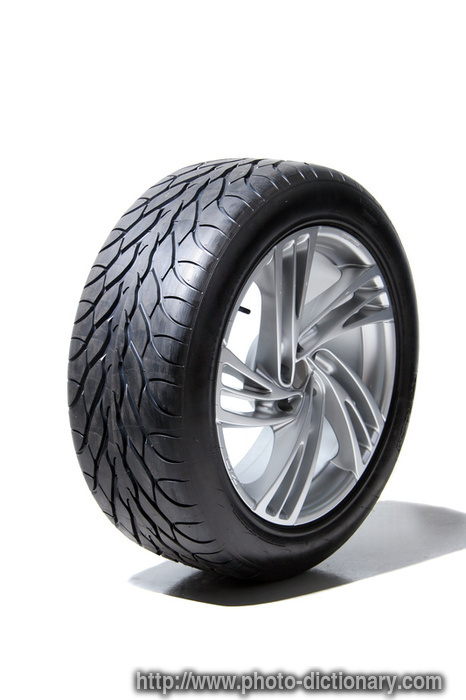

Why Choose the Right Wheel Brand?
The decision regarding which wheel brand to choose goes far beyond mere aesthetics. It profoundly impacts several critical aspects of your vehicle:
- Performance Enhancement: Lighter wheels reduce unsprung weight (weight not supported by the suspension). This leads to improved acceleration, shorter braking distances, better handling, and a more responsive feel as the suspension can react more quickly to road imperfections.
- Safety: Reputable wheel brands adhere to strict manufacturing standards and rigorous testing (e.g., JWL, VIA, TUV certifications). This ensures structural integrity, preventing catastrophic failures like cracks or bends, especially under stress or impact. Proper fitment from a good brand also prevents issues like rubbing or excessive stress on wheel bearings.
- Durability and Longevity: Quality wheels are built to withstand the rigors of daily driving, including potholes, road debris, and varying weather conditions. They are less prone to bending, cracking, or corroding, saving you money on repairs or replacements in the long run.
- Aesthetics and Personalization: Wheels are arguably the most impactful visual modification you can make to your car. The right design, finish, and size can completely transform your vehicle’s stance and appeal, reflecting your personal style.
- Fuel Efficiency: While subtle, lighter wheels contribute to better fuel economy by reducing the energy required to accelerate and decelerate rotational mass.
- Resale Value: A set of high-quality, reputable aftermarket wheels can enhance your car’s appeal and potentially its resale value, especially if they are well-maintained and complement the vehicle.
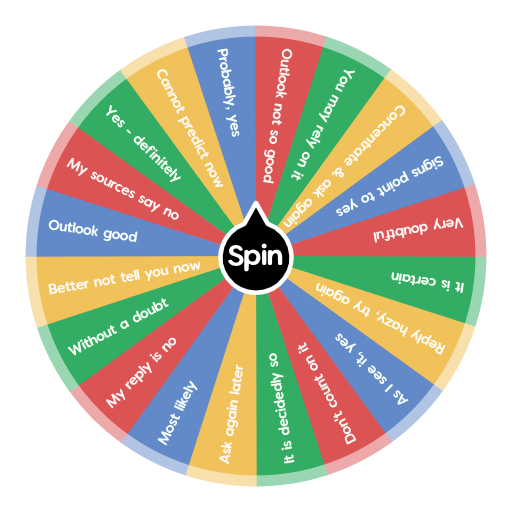
Top Wheel Brands for Cars: A Glimpse into the Market
The wheel market is vast, with brands catering to every niche, budget, and performance requirement. Here’s a look at some prominent and respected names:
Performance & Luxury Enthusiasts
- BBS: A German legend, synonymous with motorsport and high-performance. Known for iconic mesh designs, multi-piece construction, and flow-formed/forged wheels. They are a staple in racing and high-end OEM applications.
- HRE Performance Wheels: An American manufacturer specializing in custom-forged wheels. HRE is at the absolute top tier in terms of quality, lightweight performance, and bespoke finishes, often found on supercars and luxury vehicles.
- RAYS (Volk Racing, Gram Lights): A Japanese powerhouse known for its motorsport heritage. Volk Racing (their flagship forged line) produces incredibly lightweight and strong wheels like the TE37, a timeless icon. Gram Lights offers high-quality cast and flow-formed options.
- OZ Racing: An Italian brand with deep roots in Formula 1 and rally racing. OZ offers a wide range of cast, flow-formed, and forged wheels known for their strong performance, innovative designs, and durable finishes.
- Forgeline Motorsports: Another American brand focused on custom-forged wheels for racing and high-performance street applications. Renowned for their engineering, strength, and customizable options.
Quality Aftermarket & OEM Suppliers
- Enkei: A Japanese manufacturer with a massive global presence, known for supplying wheels to major car manufacturers (OEM) and producing a wide range of strong, lightweight aftermarket wheels, many using their MAT (Most Advanced Technology) flow-forming process. They offer excellent value for performance.
- Konig: Popular for their stylish designs and good value. Konig offers a variety of cast and flow-formed wheels, often seen on sport compacts and track-day cars.
- American Racing: An iconic American brand, especially known for classic muscle car and hot rod wheels, but also offers modern designs for trucks and SUVs.
- Fifteen52: Gaining popularity for their distinct, rally-inspired designs and robust construction. They cater to enthusiasts looking for a unique, rugged aesthetic.
- Method Race Wheels: While primarily focused on off-road and truck applications, Method has a strong reputation for durability and rugged designs, popular among the overland and truck enthusiast community.
Budget-Friendly & Design-Focused
- XXR Wheels: Known for offering aggressive styling and fitments at very competitive prices. Popular among the stance and show car communities, though typically cast and heavier.
- ESR Wheels: Similar to XXR, ESR focuses on trendy designs and finishes at an affordable price point, catering to those prioritizing aesthetics on a budget.
- Rotiform: Famous for their distinct, often concave and directional designs, Rotiform offers a range of cast, flow-formed, and forged wheels that cater to the show car and custom scene.
Key Considerations When Choosing a Wheel Brand
Making the right choice involves balancing several factors specific to your vehicle, driving habits, and personal preferences:
- Vehicle Compatibility: This is paramount. You must ensure the wheels match your car’s:
- Bolt Pattern (PCD): e.g., 5×114.3mm or 5x120mm. Incorrect bolt patterns are a safety hazard.
- Diameter & Width: Needs to fit within your fender wells without rubbing.
- Offset (ET): Crucial for proper fitment, affecting how far the wheel sits in or out.
- Hub Bore: Must match or be larger (requiring hub-centric rings) to ensure the wheel is centered correctly.
- Driving Style & Purpose:
- Daily Driver: Durability, ride comfort, and resistance to potholes might be key.
- Track/Performance: Lightweight, strong forged or flow-formed wheels for reduced unsprung weight and better handling.
- Off-Road: Rugged, durable wheels designed to withstand impacts and provide bead retention.
- Show Car: Focus on unique designs, custom finishes, and aesthetics.
- Material & Construction: As discussed, choose based on your budget, desired strength-to-weight ratio, and performance needs.
- Budget: Wheel prices vary wildly. Be realistic about what you can spend. Remember, you’ll also need to factor in the cost of tires, mounting, and balancing.
- Aesthetics: Choose a design, finish, and color that complements your car’s style and your personal taste. Use online configurators to visualize.
- Certifications: Look for quality certifications like JWL (Japan Light Alloy Wheel Standard), VIA (Vehicle Inspection Association), or TUV (German technical inspection association). These indicate the wheels have passed rigorous strength and durability tests.
- Warranty & Customer Support: A reputable brand will stand behind its products. Check warranty terms for structural integrity and finish. Good customer support is invaluable if issues arise.
Practical Advice and Actionable Insights for Buying Wheels
- Do Your Homework: Research thoroughly. Read reviews, browse enthusiast forums for your specific car model, and look at photos of similar setups.
- Use Online Configurators: Many wheel retailers and brands offer configurators where you can input your vehicle information and see how different wheels look.
- Consult Experts: Visit reputable tire shops, performance shops, or custom wheel specialists. They have the knowledge and experience to recommend the correct fitment and brands for your specific needs.
- Don’t Forget Tires: Wheels and tires are a package. Consider your tire choice simultaneously, as it impacts overall fitment, performance, and ride quality. Sometimes, buying a wheel and tire package can offer cost savings.
- Professional Installation: Always have wheels and tires professionally mounted and balanced. Incorrect balancing can lead to vibrations, premature tire wear, and an uncomfortable ride.
- Check Local Laws: Be aware of any local regulations regarding wheel poke (how far the wheel extends beyond the fender) or tire size, as some areas have strict rules.
Challenges and Solutions
- Incorrect Fitment: The most common and dangerous challenge.
- Solution: Double-check all specifications (bolt pattern, diameter, width, offset, hub bore) against your car’s requirements. Consult a professional if unsure. Use hub-centric rings if the wheel’s hub bore is larger than your car’s.
- Counterfeit Wheels: Cheap, unsafe imitations of popular brands.
- Solution: Always buy from authorized dealers, reputable online retailers, or directly from the brand. Be wary of "too good to be true" deals. Check for proper brand markings and certifications.
- Wheel Damage: Potholes, curbs, and road debris can bend, crack, or scratch wheels.
- Solution: Drive defensively, avoid road hazards. Consider stronger forged or flow-formed wheels if you frequently encounter poor road conditions. For minor damage, professional wheel repair services can often restore them.
- Maintenance and Cleaning: Wheels collect brake dust and road grime, which can be corrosive to finishes.
- Solution: Regular cleaning with pH-neutral wheel cleaner. Apply a wheel sealant or ceramic coating to protect the finish and make cleaning easier. Avoid abrasive brushes or harsh chemicals.
Wheel Brands For Cars: Example Price Table
Please note that prices are highly variable based on wheel size, finish, specific model, and market fluctuations. These are estimated price ranges per wheel in USD and are intended as a general guide.
| Brand | Typical Construction | Price Range (Per Wheel, USD) | Target Market/Specialty |
|---|---|---|---|
| XXR Wheels | Cast | $150 – $300 | Budget-friendly, aggressive styling, show car |
| ESR Wheels | Cast, Flow-Formed | $180 – $400 | Trendy designs, custom finishes, budget-conscious |
| Konig | Cast, Flow-Formed | $200 – $500 | Sport compact, performance-oriented, good value |
| Enkei | Cast, Flow-Formed | $250 – $700 | OEM quality, performance, motorsport heritage |
| Rotiform | Cast, Flow-Formed, Forged | $250 – $2,000+ | Stance, custom, unique designs, luxury |
| American Racing | Cast, Forged | $200 – $800 | Classic muscle, hot rod, truck, modern retro |
| OZ Racing | Cast, Flow-Formed, Forged | $300 – $1,500+ | Motorsport, performance, European styling |
| BBS | Flow-Formed, Forged | $500 – $3,000+ | High-performance, luxury, motorsport heritage |
| RAYS (Volk Racing) | Forged | $800 – $2,500+ | Ultra-lightweight, motorsport, high-performance |
| HRE Performance Wheels | Forged, Multi-Piece | $1,500 – $5,000+ | Bespoke, luxury, supercar, ultimate performance |
Note: The "Price Range" can vary significantly based on specific model, size, finish, and whether it’s a cast, flow-formed, or forged wheel within the same brand’s lineup.
Frequently Asked Questions (FAQ)
Q1: How do I know what size wheels will fit my car?
A1: You need to know your car’s bolt pattern, diameter, width, and offset. This information can usually be found in your car’s owner’s manual, on the internet forums dedicated to your car model, or by consulting a reputable wheel and tire shop.
Q2: What’s the main difference between cast and forged wheels?
A2: Cast wheels are made by pouring molten metal into a mold, making them more affordable but generally heavier and less strong. Forged wheels are made by pressing a solid block of metal under high pressure, resulting in a much stronger, lighter, and more expensive wheel due to the refined grain structure.
Q3: Do lighter wheels really improve performance?
A3: Yes, significantly. Lighter wheels reduce "unsprung weight," which is weight not supported by the suspension. Less unsprung weight means the suspension can react faster to road imperfections, leading to improved acceleration, better braking, more responsive handling, and a smoother ride.
Q4: Are bigger wheels always better?
A4: Not necessarily. While larger diameter wheels can fill out wheel wells for a more aggressive look and allow for larger brakes, they often come with heavier weight, thinner tire sidewalls (leading to a harsher ride and more susceptibility to damage), and can negatively impact fuel economy and acceleration if too heavy. It’s about finding the right balance for your driving needs.
Q5: How often should I clean my wheels?
A5: Ideally, you should clean your wheels as often as you wash your car, or at least every two weeks. Brake dust is corrosive and can permanently etch into the wheel’s finish if left for too long. Using a pH-neutral wheel cleaner and a dedicated wheel brush is recommended.
Q6: Where can I buy genuine wheels from reputable brands?
A6: Always purchase from authorized dealers, well-known online retailers (e.g., Tire Rack, Discount Tire, Summit Racing, etc.), or directly from the manufacturer’s website. Be cautious of unofficial sellers or deals that seem too good to be true, as counterfeit wheels are a safety hazard.
Conclusion
Choosing the right wheel brand for your car is a significant decision that impacts much more than just aesthetics. It’s an investment in your vehicle’s performance, safety, handling, and overall driving enjoyment. By understanding the different types of wheels, the reputation of various brands, and the critical factors like compatibility and construction methods, you can confidently navigate the vast market.
Whether you prioritize lightweight performance, rugged durability, or a unique style, there’s a wheel brand out there to meet your needs and budget. Take the time to research, consult with experts, and select wheels that not only look fantastic but also enhance your driving experience for years to come. Your car’s "footwear" truly makes all the difference.
